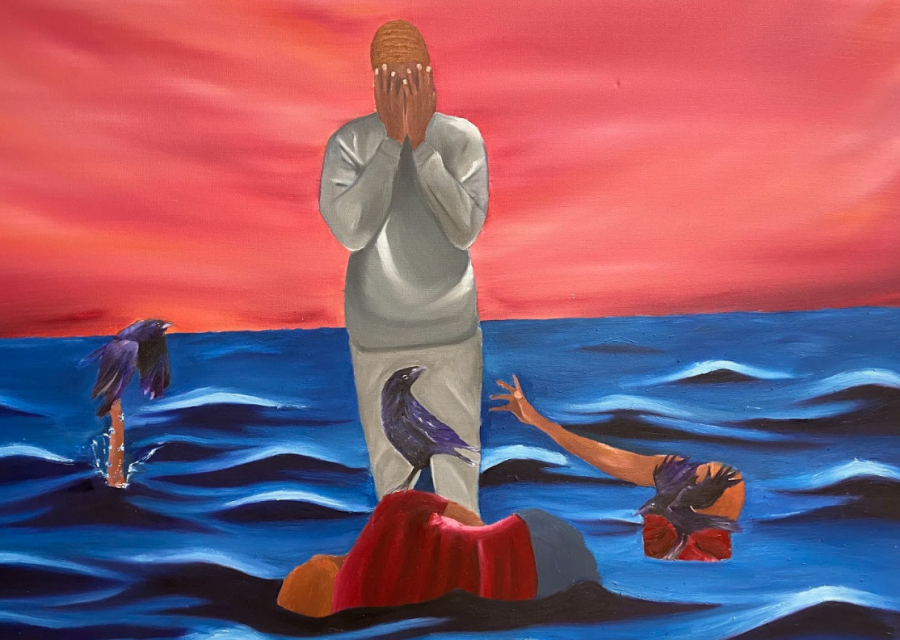Working to address teen mental health crisis
May 18, 2023
According to a report published by the Center for Disease Control (CDC), more than 1 in 5 youth (ages 13-18) either currently or at some point during their life, have had a seriously debilitating mental illness. This includes a range of conditions such as anxiety disorders, depression, bipolar disorder, and eating disorders.
The Announcer asked one hundred Nazareth students to complete a survey about their own mental health and 78% of students surveyed said that they, at some point, have struggled with mental health issues. 81% of those students reported that they have experienced anxiety, 58% said they have been depressed, 47% have experienced issues with eating or body image and 43% have experienced extreme mood swings.
There are many factors that contribute to mental health issues in a teenager’s life. According to the survey results, Nazareth students’ mental health issues stem from a variety of sources: 66% of students said that they feel academic pressures contribute to their mental health issues, 59% said it’s issues stemming from their social life, 47% said it is their own self-image that causes issues, 45% source current and/or past trauma, 38% said it is issues within their family life, 35% said it is from their exposure to social media, 28% said it is the pressures of clubs and extracurricular activities, and 18% attributed their mental health issues to non-specified sources.
These mental health issues can have serious consequences for a student’s academic performance, social life, and overall well being. It is important for students, parents, and educators to recognize the signs of mental health issues and to know how to get help when necessary.
According to the Mayo Clinic, some common signs of mental health issues include changes in behavior, mood swings, difficulty concentrating, and physical symptoms such as headaches or stomach aches. If you or someone you know is struggling with mental health issues, it is important to seek help from a trusted adult and a mental health professional.
The CDC reported that In 2021, more than 4 in 10 students felt persistently sad or hopeless and nearly one-third experienced poor mental health. This national data and the data from The Announcer’s survey show there is a consistent need for concern regarding teenagers’ mental health. Furthermore, the CDC reported, “In 2021, more than 1 in 5 students seriously considered attempting suicide and 1 in 10 attempted suicide.”
According to the Suicide and Crisis Lifeline, “Suicide is the second leading cause of death for young people between 10 to 24. Sometimes it feels as though your struggle is being underestimated by your age. But we hear you, and help is available.” Don’t be afraid to reach out to friends and trusted adults in your life for support. You can also call the 988 Suicide & Crisis Lifeline any time — calls are confidential.
As the data indicates, communication regarding mental health needs to be a priority. Fortunately for high school students in 2023, the mental health conversation does not have the stigma that it once had. Teens today are used to the language and conversations surrounding mental health and many confidently reach out to adults and ask for their needs to be met.
Guidance Director Brendan Green said, “What I know is that we’re very very lucky to be living in a time when people are open to talking about their issues and asking for help and working together to find solutions.” Nazareth Academy has a phenomenal guidance department and caring and helpful counselors who have worked with so many students to find ways to healthily manage their mental health challenges.

